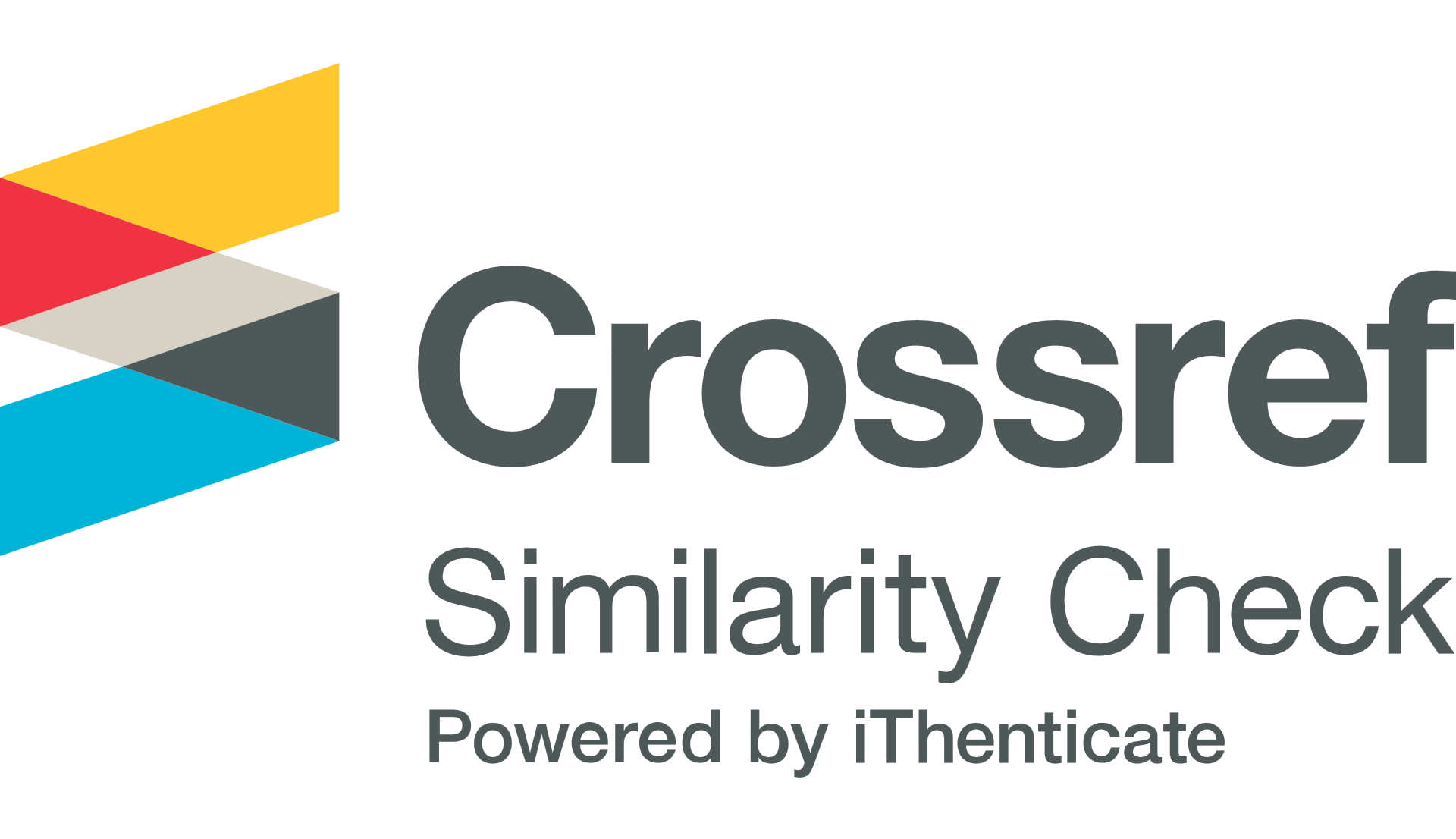Effectiveness of Bayer's Strategy in Enhancing Academic Achievement and Executive Attention in History among preparatory stage female students
Abstract
The current research aims to investigate the effectiveness of the Bayer strategy in enhancing academic achievement and executive attention in teaching modern and contemporary history to twelfth-grade female literary students. The researcher followed a quasi-experimental design (pretest-post-test) for the control group to achieve this goal. The research required selecting a representative sample from the population, proportional in size to the statistical procedures. Thus, the researcher chose the sample using cluster random sampling, based on selecting complete groups after dividing the population into random groups. The research tools consisted of an executive attention scale comprising )20(items and a post-test consisting of )50(items developed by the researcher. After extracting psychometric properties such as validity and reliability, the executive attention scale and achievement test were applied to a random sample of 45 students. They were divided into two groups: the experimental group (22 students) and the control group (23 students). During the three-month experiment, the experimental group was taught according to the Bayer strategy, while the control group was taught using conventional methods


